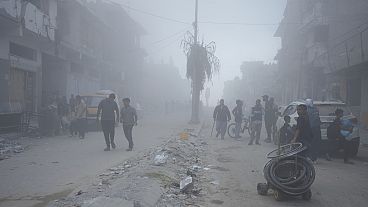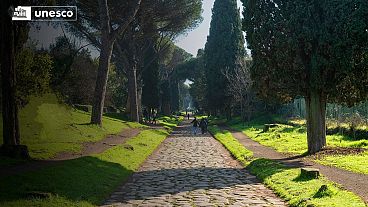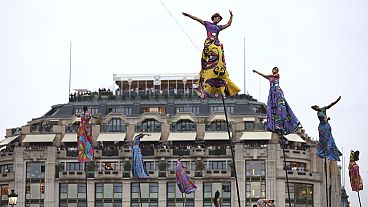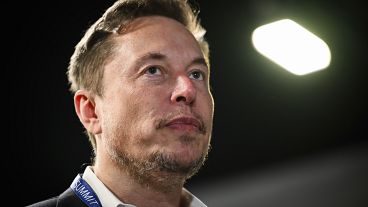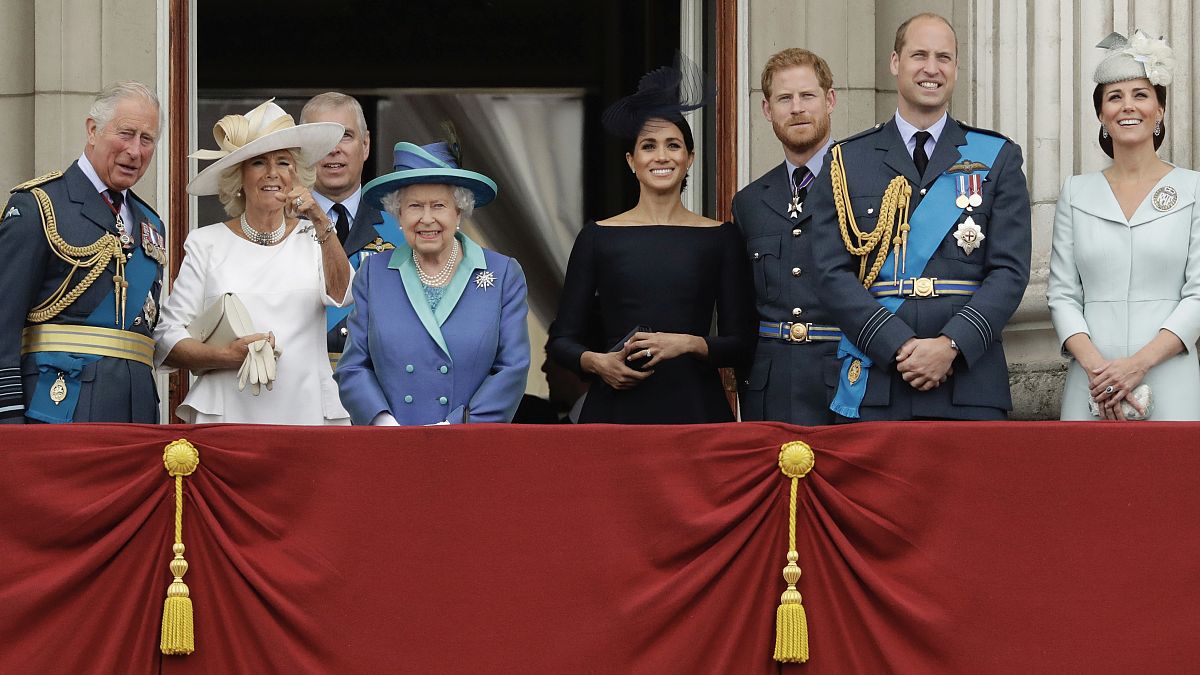Who’s who in the royal family: how will titles change after Queen Elizabeth II’s death?
While millions across the world continue to mourn Queen Elizabeth II, some are starting to wonder about the repercussions of her death on royal titles.
The composition of the royal family
The late Queen Elizabeth II and Prince Philip are survived by four children.
Charles, 73, is the eldest and has succeeded his mother as monarch. After a turbulent marriage with Lady Diana Spencer that ended in divorce in 1996, a year before her fatal car accident in Paris, he has been married to Camilla Parker-Bowles (née Shand) since 2005.
Charles was appointed Duke of Cornwall and Duke of Rothesay in 1952, and Prince of Wales in 1958. The latter title was extended to his first wife, Diana, while Camilla became the Duchess of Cornwall upon marriage.
Charles has two children: William and Harry.
William, 40, is the eldest and next in line to the throne. Following his marriage to Catherine Middleton in 2011, the couple acquired the newly established title of Duke and Duchess of Cambridge. Together, they have three children - Prince George, Princess Charlotte and Prince Louis.
Harry, 37, is married to American actress Meghan Markle, with whom he has two children - Archie and Lilibet. The couple received the titles of Duke and Duchess of Sussex after their wedding in 2018, but have since stepped down from royal life and have moved to Markle’s native California, thus shunning the use of “His/Her Royal Highness” (an address which they, nonetheless, have not been formally abrogated).
How will their titles change?
In an official statement delivered by Charles, it was announced that he would become King Charles III, and Camilla would be Queen Consort.
This means that Charles did not choose to change his name, as would have been within his rights.
He will also assume other titles inherited by the incumbent monarch, including Duke of Lancaster and Defender of the Faith and Supreme Governor of the Church of England.
The latter title (“Fidei Difensor” in Latin) has its historical roots in the Church of England’s schism with Rome under the reign of Henry VIII, who severed ties with the Papacy in 1534 due to its refusal to annul his marriage to Catherine of Aragon.
Charles had caused some controversy in 1994 after stating he wanted to change the title by dropping the definite article (leaving it as “Defender of Faith”) - a move aimed at fostering greater religious tolerance and ecumenism. Nevertheless, he stated in 2015 that the original version would be maintained.
As per royal protocol, Charles will have his Kingship formally proclaimed at an Accession Council ceremony held at St James’s Palace in London this Saturday.
Following on from this, William and Catherine have also automatically been bestowed with the titles of Duke and Duchess of Cornwall, while their three children have become the Princess and Princes of Cornwall and Cambridge.
But there are still some lingering questions.
Will William and Catherine also become Prince and Princess of Wales? This would depend on whether Charles will grant it to them.
Moreover, while Harry and Meghan are likely to remain the Duke and Duchess of Sussex, their two children have now become Prince and Princess, after having formerly been too far down the line of succession to be named as such. This process may have been automatic, but Charles had previously stated intended to limit the number of key royals, and as such may choose to revoke the Sussex children’s new titles.

